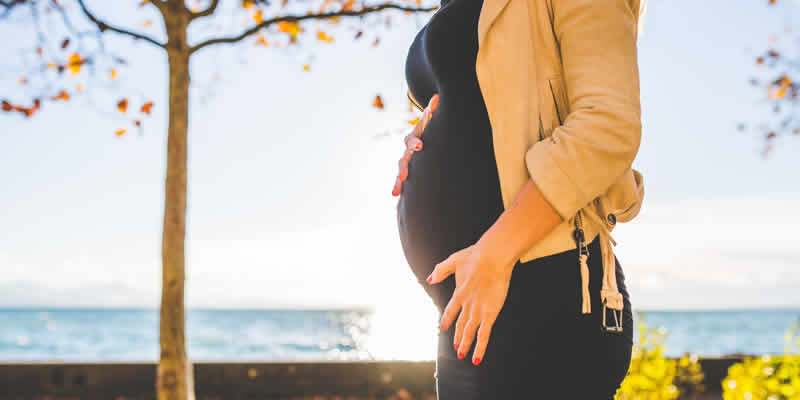New mothers who struggle to sleep are more likely to age faster than usual, latest research suggests.
Academics from the University of California examined 33 women throughout their pregnancies and for a year after birth, to find out whether a lack of sleep effected their biological ages.
By assessing their DNA, the scientists discovered that women who slept for less than seven hours per night had an older biological age by up to seven years compared to those who slept for longer.
- Sleep apnoea and snoring more common in people who watch excessive amounts of TV, new study claims
- Disrupted sleep during lockdown triggered by stress
Additionally, the mums who regularly had less than seven hours of sleep had smaller telomeres in their white blood cells, putting them more at risk of developing cancer or heart disease.
Death was also more common amongst women with an older biological age, the study found.
Senior author, Professor Judith Carroll said: “The early months of postpartum sleep deprivation could have a lasting effect on physical health.
“We know from a large body of research that sleeping less than seven hours a night is detrimental to health and increases the risk of age-related diseases.”
When it comes to studying the aging processes, certain elements in your DNA are removed as you age.
Fellow researcher, Professor Christine Dunkel Schetter said: “DNA provides the code for making proteins, which carry out many functions in the cells of our body, and epigenetics focuses on whether regions of this code are “open” or “closed.”
During the trial, the majority of the mothers were unable to sleep for more than seven hours for up to a year after giving birth.
“We found that with every hour of additional sleep, the mother’s biological age was younger,” said Professor Carroll.
- Caffeine is no replacement for sleep when performing complicated tasks, study finds
- Myopia sufferers more likely to have disrupted sleep
She added: “I, and many other sleep scientists, consider sleep health to be just as vital to overall health as diet and exercise.”
“Taking care of your sleep needs will help you and your baby in the long run.”
Professor Dunkel Schetter said: “The results provide impetus for better support for mothers of young infants so that they can get sufficient sleep, possibly through parental leave so that both parents can bear some of the burden of care, and through programs for families and fathers.”
The entire research study can now be accessed in the journal ‘Sleep Health’.






